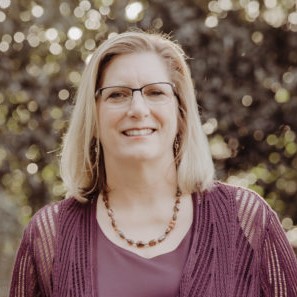Friendships can have a substantial effect on our health and well-being

As the pandemic has led us to reassess what’s important in our lives, many people have been reevaluating their friendships, reflecting on who they really value and which relationships are healthy or balanced. Although the pandemic may have spurred these reexaminations, experts say that taking a close look at one’s circle of friends is something we should do from time to time, because our friendships can have a substantial effect on our health and well-being, for better or worse.
“We’re seeing more and more research about how beneficial it is to your health to have healthy friendships,” says Beverley Fehr, a social psychologist at the University of Winnipeg in Canada and author of “Friendship Processes.” “It also implies the flip side: If your friendships are not healthy, you will experience negative health outcomes.” In other words, she says, “bad friendships are bad for us,” both physically and emotionally.
On the physiological front, research has found that negative or competitive social interactions are associated with increased inflammatory activity in the body. And a study involving older adults found that negative interactions with friends were linked with increases in blood pressure among women. Meanwhile, psychological research has found that friendships that have a negative emotional valence, involving frequent conflicts, can compromise someone’s self-esteem. And studies have found that negative interactions with friends — including being on the receiving end of critical behavior, privacy invasions, social undermining or failure to deliver promised help — can take a toll on mood, morale and other aspects of psychological well-being.
Despite friendships’ effects on our well-being, people often don’t think as deeply about friendships as they do about relationships with family members or romantic partners. “There’s recognition that romantic relationships require active maintenance,” Fehr says. To our detriment, however, “we don’t seem to have that same belief about friendships.” Friendship maintenance includes assessing whether a particular friendship is healthy and rewarding or detrimental to your sense of well-being — and, in the case of the latter, what you can do to return it to the positive side of the spectrum.
Evaluating a friendship and taking action
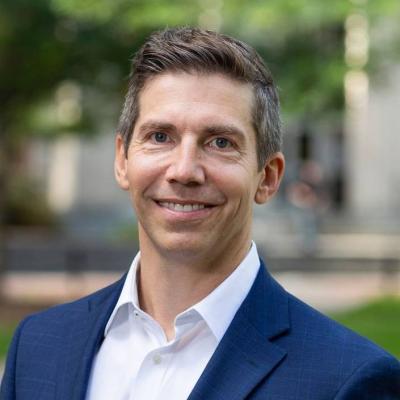
“The mark of a good friendship is it makes us feel good about ourselves and we get a sense of belonging,” says OIBR Affiliate, Richard Slatcher, a psychology professor at the University of Georgia. To determine whether a relationship meets that benchmark, Slatcher recommends asking yourself these questions when you spend time with a particular friend: Do I feel good about myself afterward? Does this person make me feel like I’m understood or do they get where I’m coming from?
When you’re not getting what you want or need from a particular friendship, you’ll want to decide whether to address the issue head on, let it slide or dial back the friendship.
If you decide you want to address the issue, however, some forethought is in order. “People often want to be open and honest and get things out there about what’s going wrong, but you need to know if the friend you’re dealing with will be receptive to that,” says Jan Yager, a sociologist based in Connecticut and author of “Friendgevity: Making and Keeping the Friends Who Enhance and Even Extend Your Life.” If you choose to address the issues directly, Yager recommends asking yourself: What do I want to get out of this? Do I want to engage in a back-and-forth dialogue about these issues?
Once you’re clear about your goals and willingness to have a dialogue, the first step is to validate the connection between the two of you and be clear that you’re bringing this up because you value your friendship, advises Miriam Kirmayer, a clinical psychologist and friendship expert in Ottawa. Then, “focus on the dynamic — what you find working versus not working — and invite the other person’s input.”
Ultimately, “friendships are not chiseled in stone,” Yager notes. “Not only do friendships shift over time, but your definition of friendship and your needs can change.” Although letting go of a particular friendship may make you feel sad initially, doing so may also free you up to develop new ones or to spend more time with the positive connections in your life.
Read the full article here.
More Information: Richard Slatcher
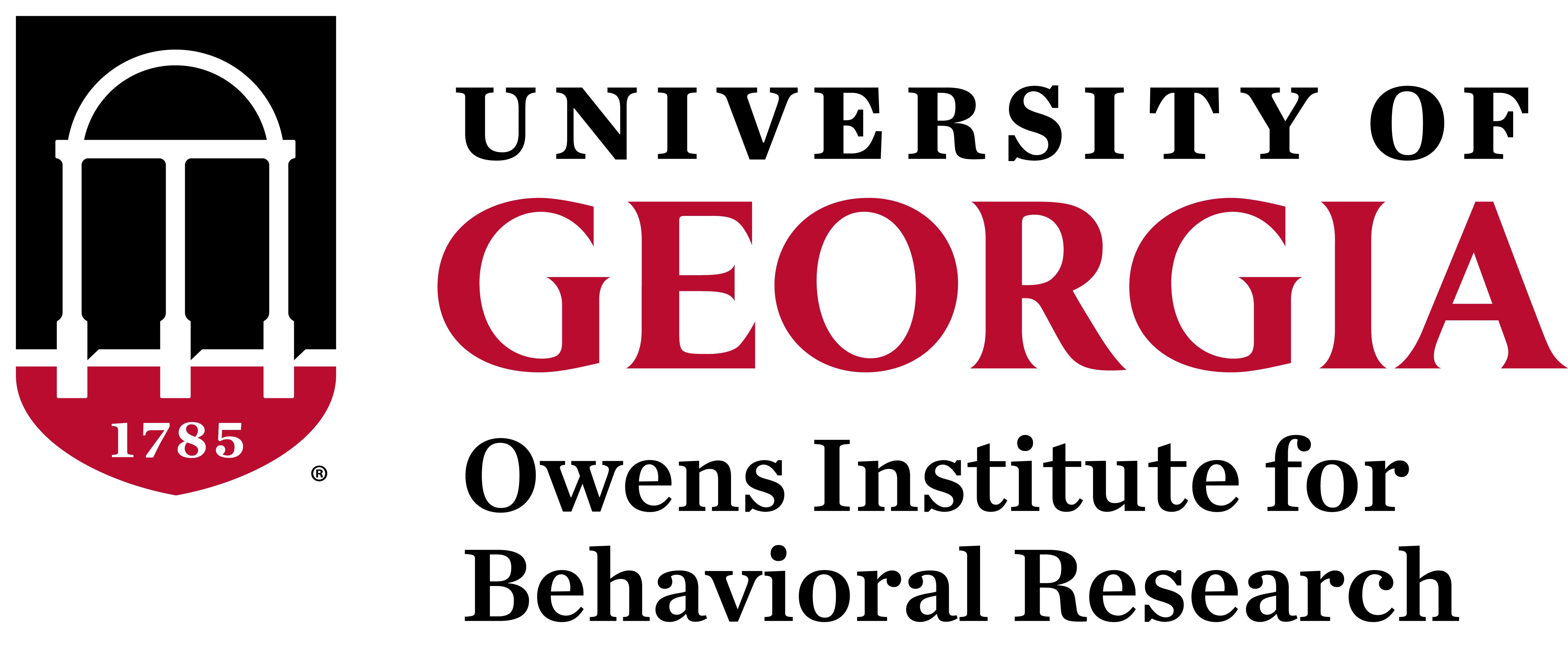

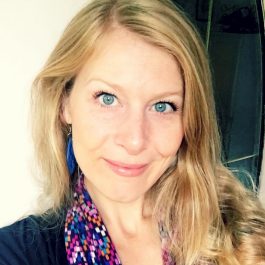 “When white people in the U.S. were more aware of racial disparities in Covid-19, they were less fearful of Covid-19,” said OIBR Affiliate,
“When white people in the U.S. were more aware of racial disparities in Covid-19, they were less fearful of Covid-19,” said OIBR Affiliate, 
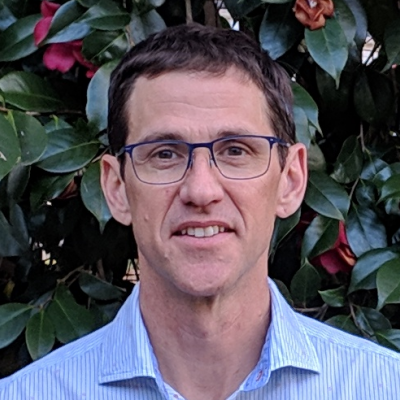 The Team Impact Award recognizes the critical contributions made by crosscutting teams in addressing today’s complex challenges. Specifically, the award recognizes a team for excellence in innovative and impactful scholarship that either has or soon promises to fundamentally advance knowledge, understanding and/or applications in ways not achievable by individual investigators or single disciplinary approaches alone.
The Team Impact Award recognizes the critical contributions made by crosscutting teams in addressing today’s complex challenges. Specifically, the award recognizes a team for excellence in innovative and impactful scholarship that either has or soon promises to fundamentally advance knowledge, understanding and/or applications in ways not achievable by individual investigators or single disciplinary approaches alone.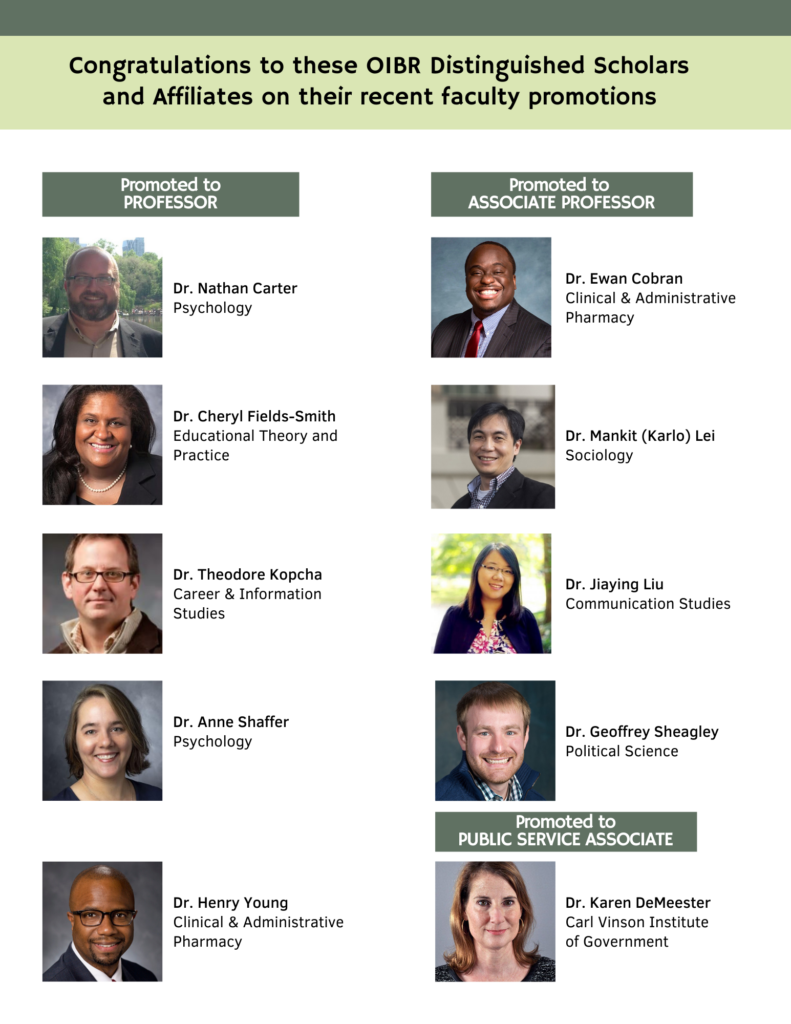
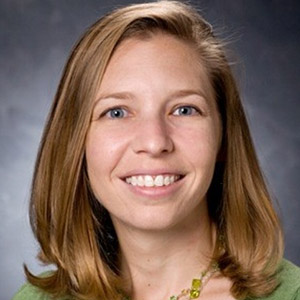 Jennifer L. Gay
Jennifer L. Gay Jeremy Gibbs
Jeremy Gibbs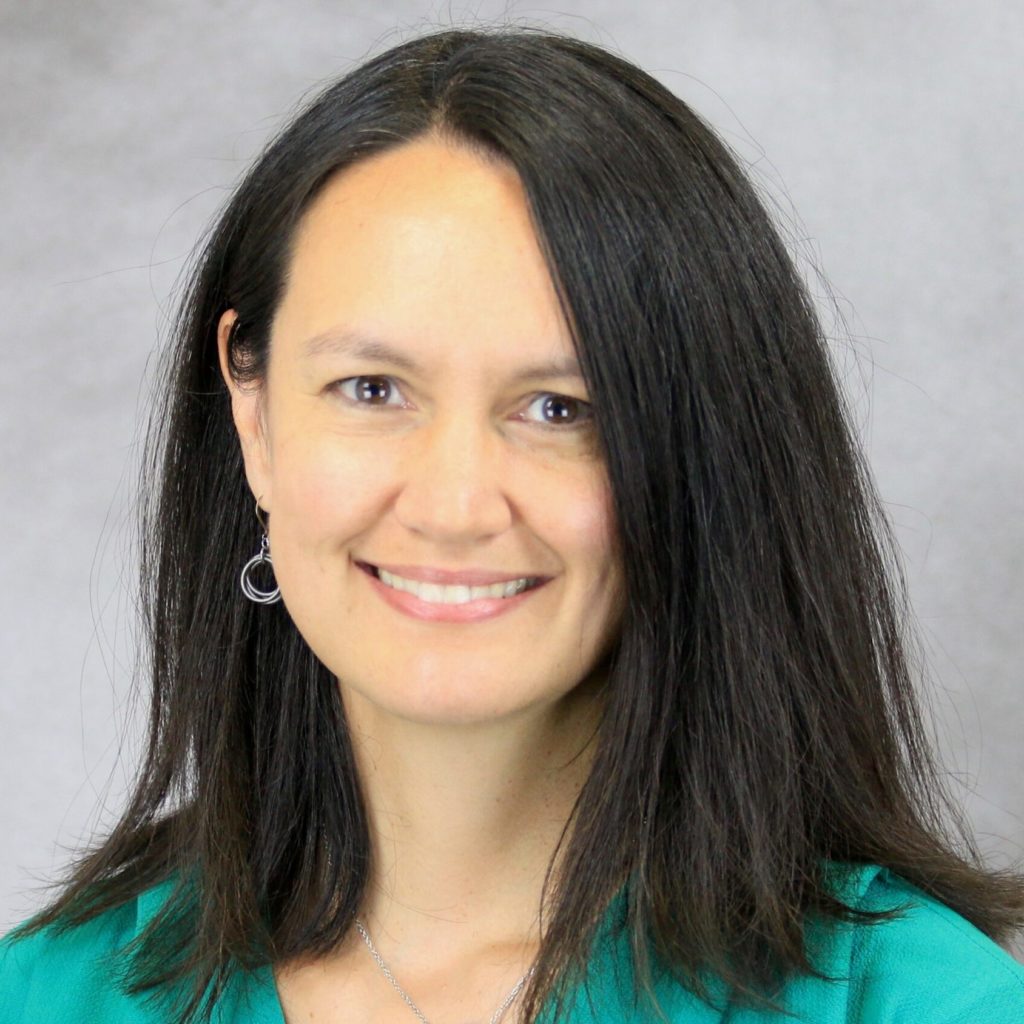 OIBR Distinguished Scholar
OIBR Distinguished Scholar 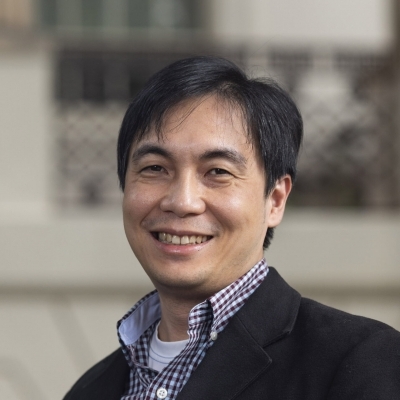 2022 Charles B. Knapp Early Scholar awarded to Man Kit “Karlo” Lei.
2022 Charles B. Knapp Early Scholar awarded to Man Kit “Karlo” Lei.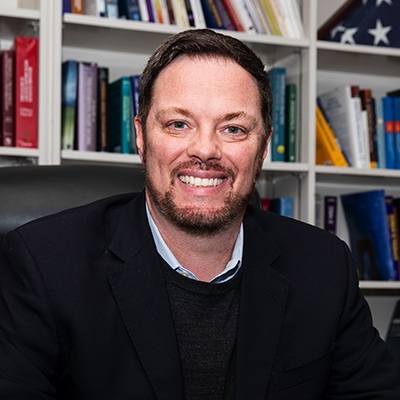 Gregory Strauss receives 2022 Creative Research Medal. This medal is awarded for outstanding research or creative activity within the past five years that focuses on a single theme identified with the University of Georgia.
Gregory Strauss receives 2022 Creative Research Medal. This medal is awarded for outstanding research or creative activity within the past five years that focuses on a single theme identified with the University of Georgia.